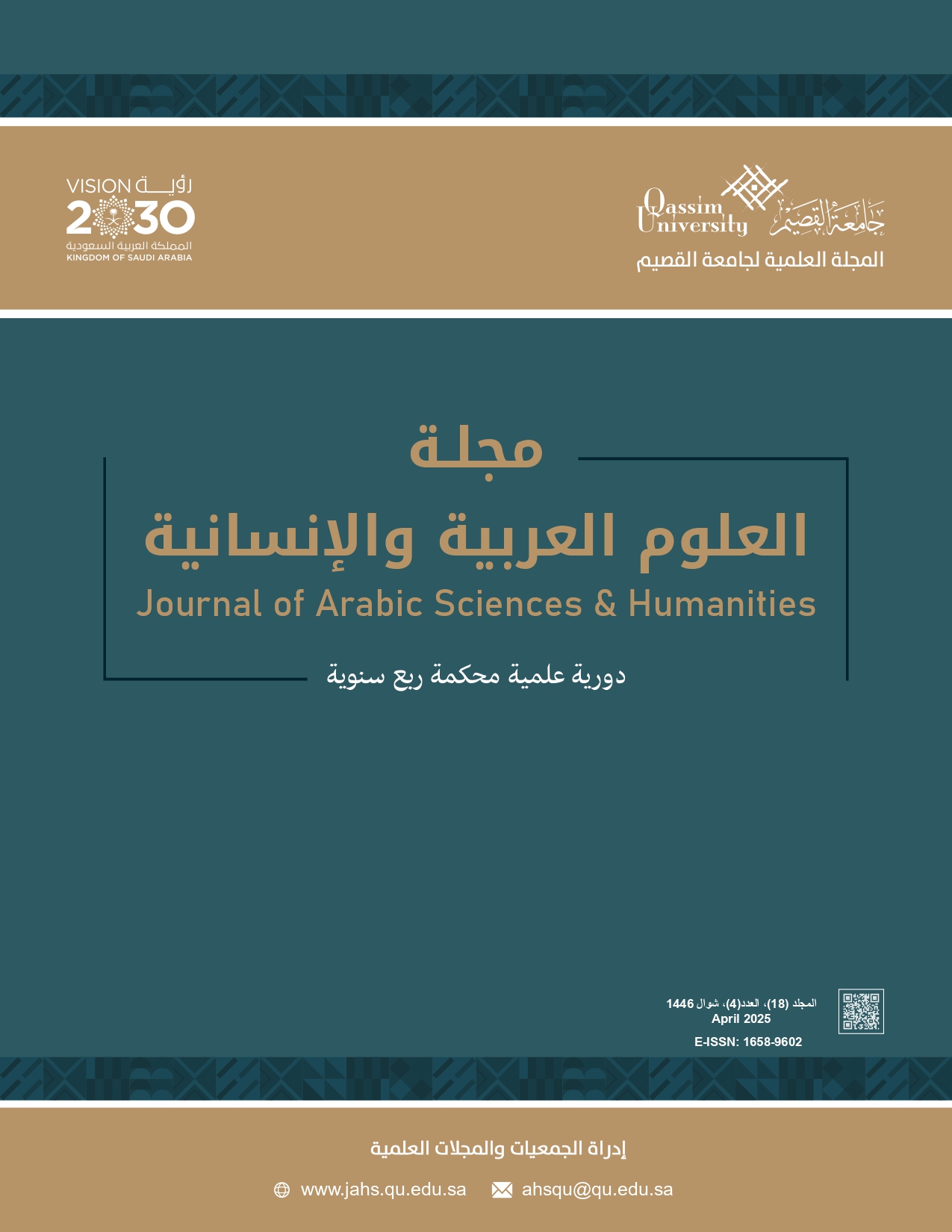Beyond Survival: Anthropocentrism and Environmental Justice in Daniel Defoe’s Robinson Crusoe
Abstract
This study analyzes Robinson Crusoe (1719) through an ecocritical lens, focusing on its depiction of Crusoe’s anthropocentric mindset that thrives due to his disregard for environmental justice. Drawing on Lawrence Buell’s “environmental imagination” and John Locke’s theory of property, the study examines how Crusoe’s survival tactics exploit the environment, prioritizing his own needs while neglecting the ecological principles of environmental sustainability and biodiversity. By reinterpreting the novel in light of these contemporary ecological principles, this study offers a fresh perspective on Crusoe’s actions, encouraging readers to critically reassess the long-term consequences of his behavior on the natural world. It also prompts reflection on the ethical implications of human intervention in ecosystems. In doing so, this study contributes to ecocriticism by showing how Robinson Crusoe serves as a cautionary tale about the risks of unchecked anthropocentrism and the neglect of serious ecological concerns in today’s environmental landscape.
Keywords: Environmental justice, anthropocentrism, ecocriticism, sustainability, biodiversity.

This work is licensed under a Creative Commons Attribution-NonCommercial 4.0 International License.


